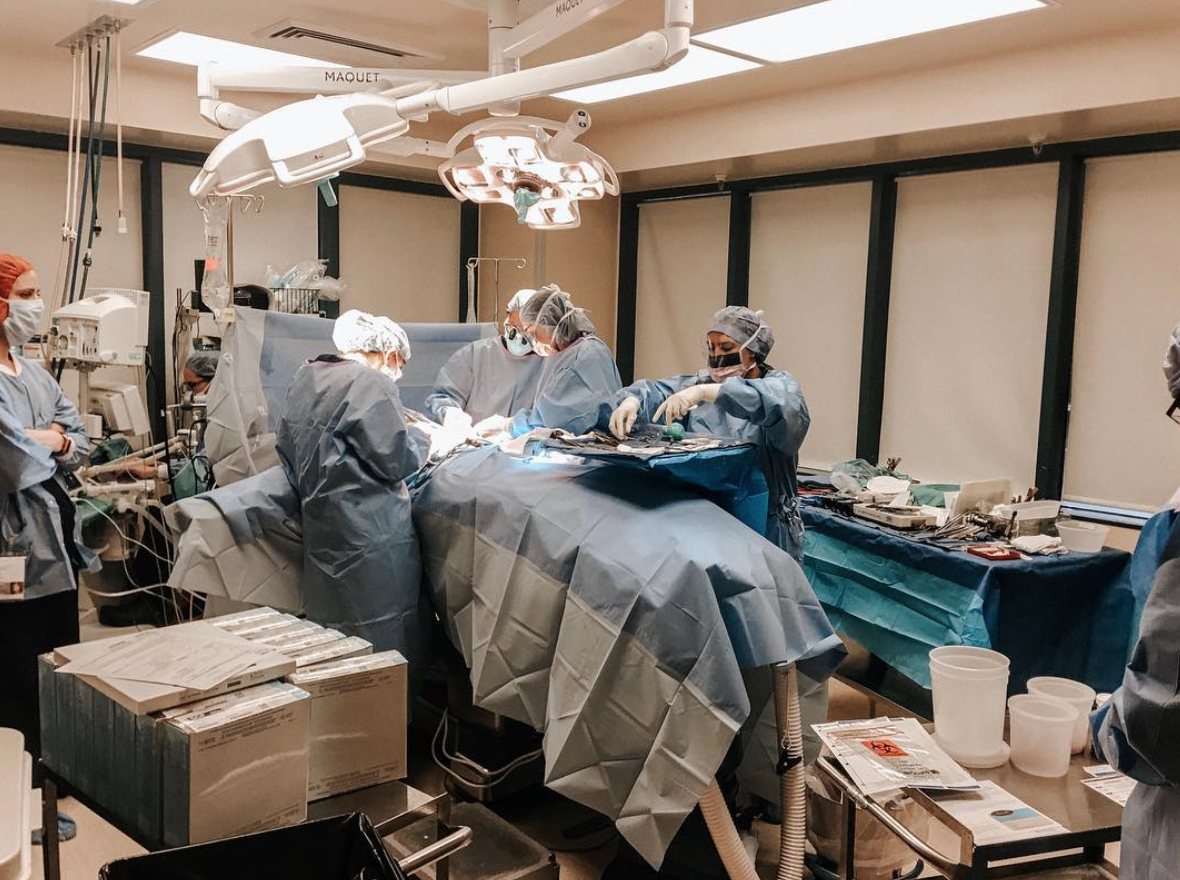
Understanding Your Breast Cancer Care Team
Finding out you have breast cancer can be overwhelming on so many levels. In the midst of all of the initial appointments, it can be difficult to understand which providers you need to see and how each one is involved in your care.
Here are some of the breast cancer providers who may be a part of your breast cancer care team (everyone’s situation is a little different, so you may not need all of them):
Radiologist
For many women, a radiologist is the first doctor they meet with, usually to review an abnormal mammogram or ultrasound and to perform a breast needle biopsy. Depending on your follow-up plan, radiologists will likely be a part of your ongoing care after your breast cancer treatment as well, continuing to evaluate any follow-up mammograms, ultrasounds, or MRIs you may have.
Nurse Navigator
Not all centers have nurse navigators, but in the ones that do, they play a huge role in helping women get through finding out about their diagnosis and coordinating their care. Nurse navigators will often set up appointments for patients to meet with a surgeon or a medical oncologist and provide information on important resources and support services.
Breast Surgeon
Meeting with a breast surgeon is usually your first appointment after finding out you have breast cancer. Your breast surgeon will talk to you about surgical options and discuss any other tests you might need before surgery. After surgery, they will review your pathology results with you and the next steps in treatment.
Plastic Surgeon
All women diagnosed with breast cancer should get the opportunity to meet with a plastic surgeon to discuss their reconstructive options. Some breast surgeons may be able to do some types of reconstruction (such as lumpectomy reconstruction) on their own and some women may choose not to have reconstruction, but hearing about the options can help you make the most informed choices.
Medical Oncologist
Most women with invasive cancer and some women with non-invasive cancer/pre-cancer will see a medical oncologist as part of their treatment. Medical oncologists prescribe pills and IV-medications (such as immunotherapy or chemotherapy) to treat breast cancers or prevent them from coming back after they’ve been removed.
Radiation Oncologist
Radiation oncologists typically meet with women after their breast cancer surgery to discuss using targeted radiation to help prevent breast cancer from coming back after surgery. Most women having lumpectomies will be recommended to see a radiation oncologist, while only some women having mastectomies will be recommended to have a radiation oncology visit.
Pathologist
Although you likely won’t ever meet a pathologist during your breast cancer treatment, pathologists play an important role in your care. They review the tissue taken during your breast biopsy and breast surgery to determine specific details about your breast cancer, which helps determine your breast cancer treatment.
Genetic Counselor
Depending on your family history, as well as your personal history and age when you’re diagnosed, you may be recommended to see a genetic counselor. Genetic counselors will review your history and may talk to you about undergoing testing to check for a genetic cause for your breast cancer.
Primary Care Provider/Gynecologist
Your primary care provider, whether an internist or gynecologist or other provider, is an important part of your breast cancer team. They may help you to get in to see breast cancer specialists when you’re first diagnosed. They will also be involved in following you after you finish your treatment, which may include doing breast exams or ordering follow-up imaging tests.
Support Services
There are many other care providers who may be a part of your team, including physical therapists, nutritionists, social workers, and psychologists, among others. All of these providers will help get you through your treatment as smoothly and healthily as possible and may play an important role during and after your breast cancer journey.



